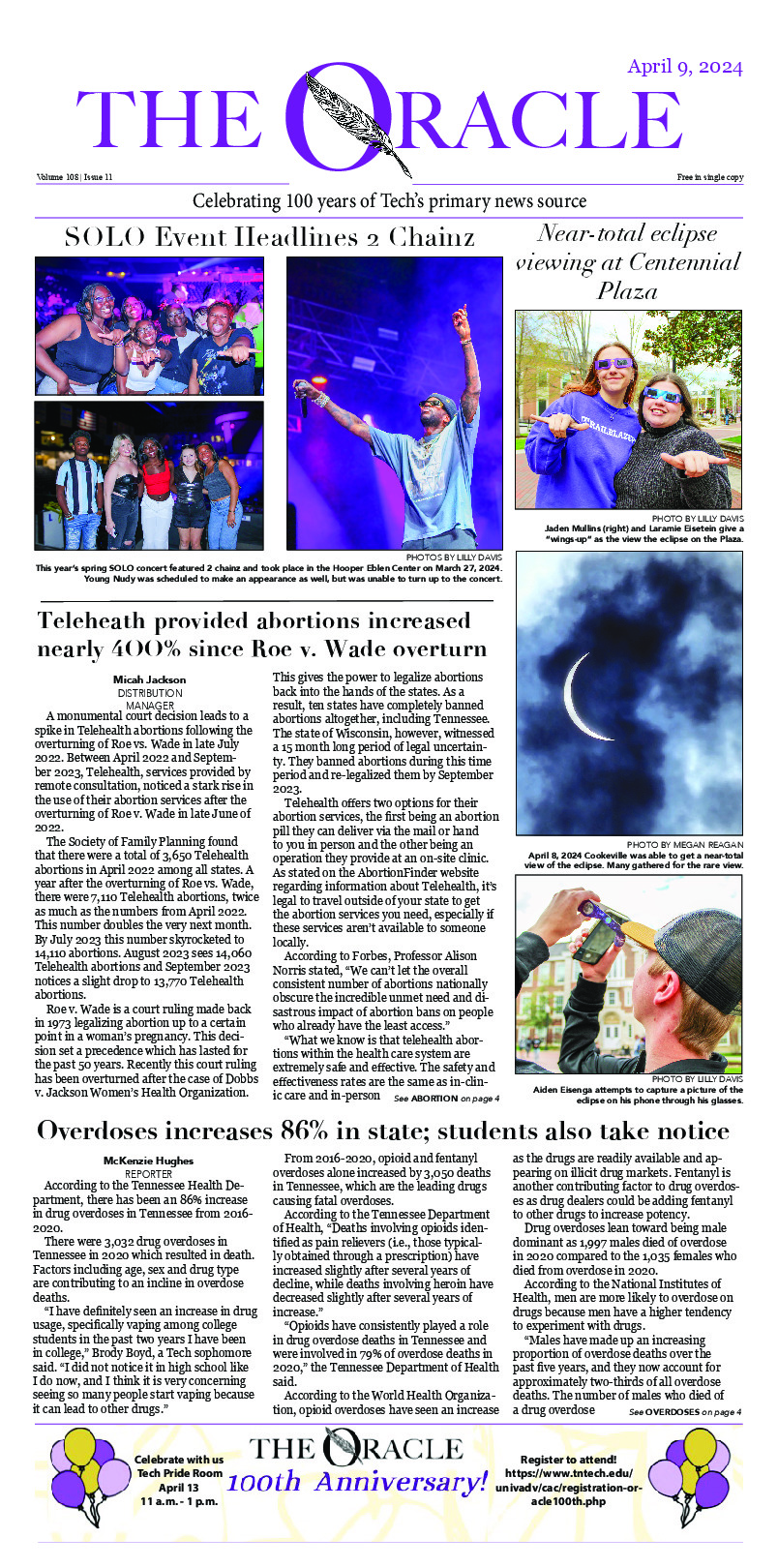The Psychology department’s recently implemented database of research studies, the Sona System, is open to anyone, anywhere, at anytime. The Sona System is completely free for users and allows anyone to log on and see current research studies. If a study sounds interesting to the user, he or she can sign up to participate in it or be a research assistant. Some studies can be done straight from home at the participant’s leisure. Other studies require meeting in person. An e-mail will be automatically sent out reminding the participant of the day, time and location of the study. After a study ends, participants can log on to their Sona System accounts, up to three years after the study ended, and find the contact information of the researcher in order to obtain results of the study as a whole.
The System is mainly used by psychology students, but anyone with or without a connection to the university can participate.
“It provides a number of benefits for students, alumni, and the community,” said Shannon Morgan, Sona System administrator.
Current and prospective students can see what’s happening within the walls of the University. Alumni can see what grant money is going toward. The community can see the research being conducted that relates to more than just college students.
Morgan pointed out three reasons why the Sona System is the most beneficial means of obtaining study participants: ease, choice and insight. Everyone can easily access the system, choose which studies to participate in, and possibly gain insight toward a Capstone project or a senior thesis by browsing current studies.
Many large classes are interrupted by students needing participants for a study. The online system gets rid of these interruptions. Class time and paper are no longer wasted when everything is untimed and digital. Studies in the classroom can also decrease validity. Students often feel pressure to complete the study even though it is optional. In smaller classrooms, there is also more pressure to give the “correct” answer, which may or may not be an individual’s honest answer.
Though researchers majoring in psychology currently dominate the system, the studies reach a much broader spectrum of learning. Ashley Mayhew, an undergraduate psychology major, is conducting a study based on the “quality of life in families whose children have been diagnosed with Autism compared to families with typically developing children.” Studies such as this could benefit the Human Ecology department’s child development classes. If a professor sees a study that pertains to his or her class and would like the class to participate, Morgan can track which students have completed the study.
To participate in a study, go to http://www.tntech.edu/cp/home/ and click on Student Research Projects. From there, click on the System for Tracking Student Participation in Experiments link and request an account in the bottom left corner.
Any Tech student wishing to conduct a study, regardless of his or her major, can be listed on the Sona System. The researcher must prove that the study is both academic and ethical by going through a faculty advisor and the Institutional Review Board. Steps for this process are listed under Human Subjects Guidelines in the Resources section of the College of Counseling and Psychology’s web page.


